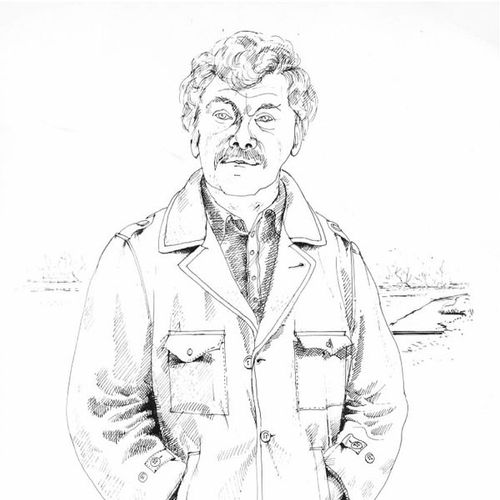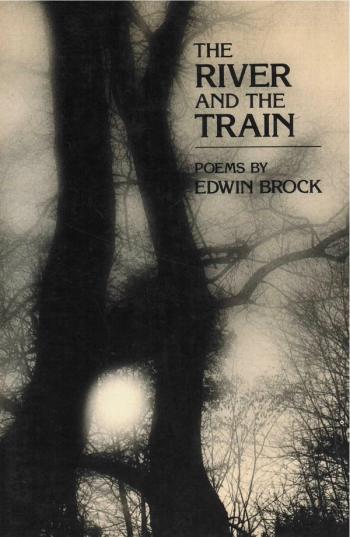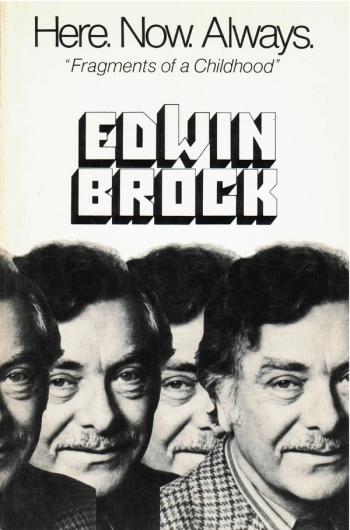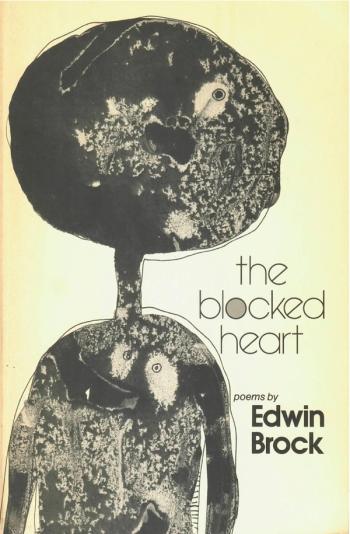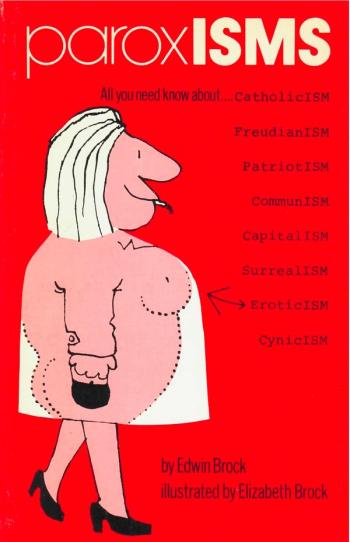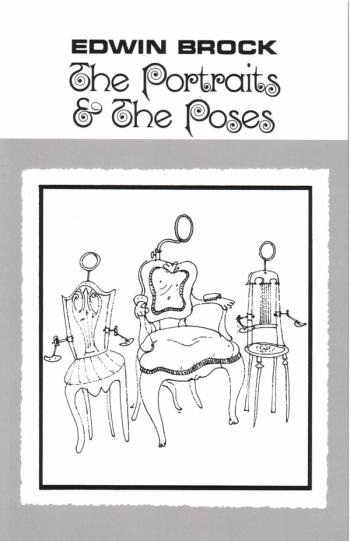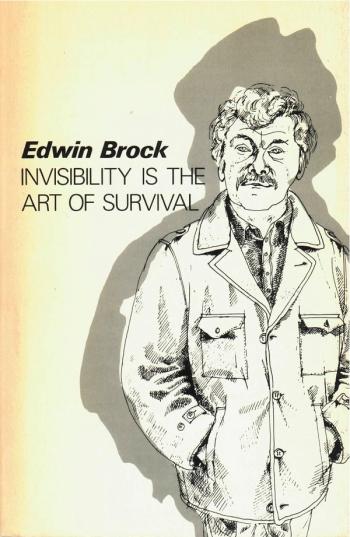Invisibility Is the Art of Survival marks the first appearance in this country, in book form, of the work of Edwin Brock. Born in London in 1927, Brock says he has spent the subsequent years waiting for something to happen, occupying his time as a sailor, journalist, policeman, and adman, in that order. Yet none of this, he feels, has touched him, “except with a fine patina of invisibility.” Poetry, however, is for him an act of self-definition “which sometimes goes so deep that you become what you have defined. And this,” he adds, “is the nearest thing to an activity I have yet found.” Thus in addition to being poetry editor of Ambit, Brock has published several volumes of his own. His first, An Attempt at Exorcism, was brought out in 1959, and was followed over the next decade by A Family Affair, With Love from Judas, a large selection in Penguin Modern Poets 8, and A Cold Day at the Zoo. For Invisibility Is the Art of Survival, Brock has gleaned a representative selection from all his previous books, adding to it a number of recent, uncollected poems. Confronted with his work, American readers will agree with the critic Alan Pryce-Jones that Brock has written “some of the most observant and compassionate poems of our time––poems, moreover, in which the poet keeps his feet on the ground as skillfully as his head in the air.”
